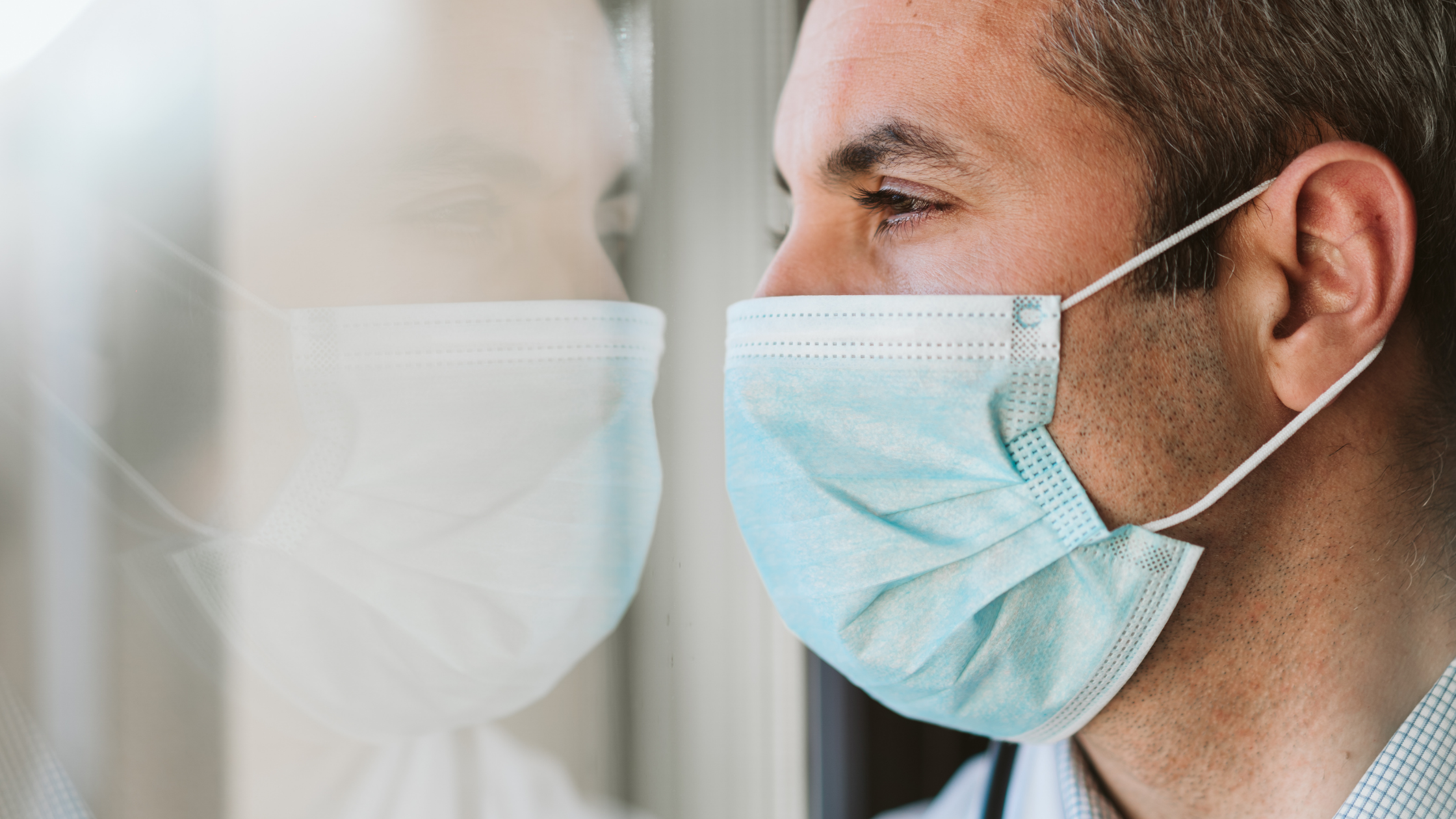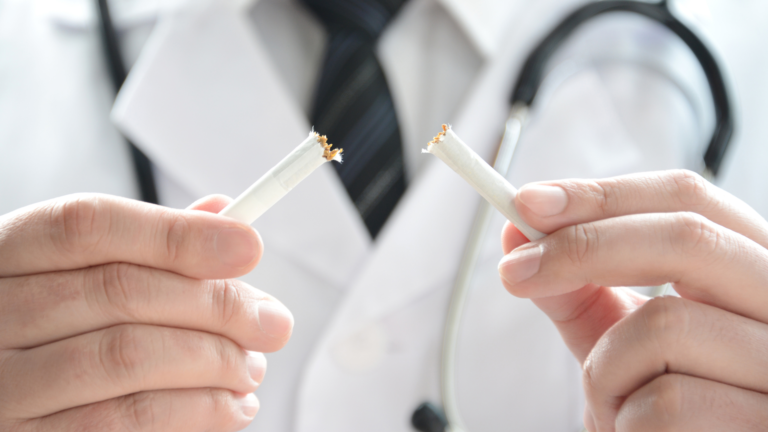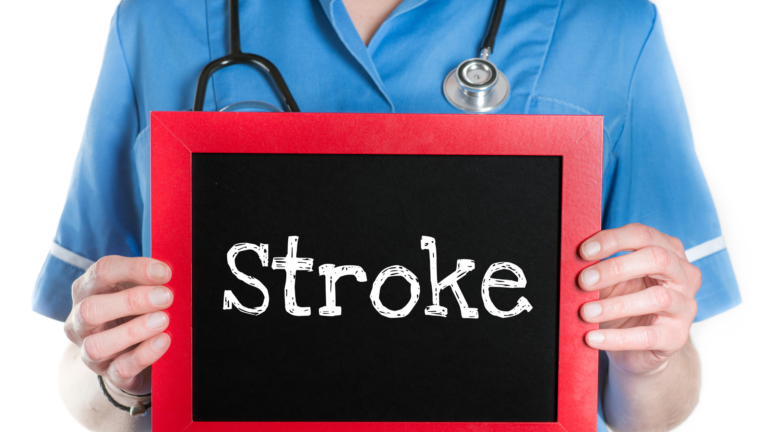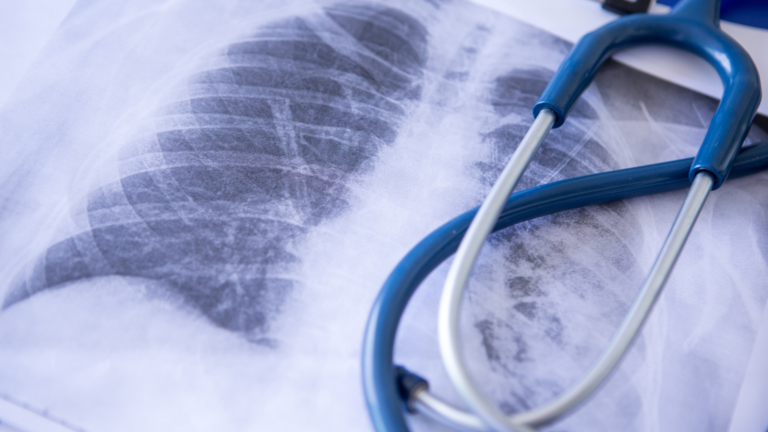Self-Isolating Guidelines For Those Who Have COVID-19
| Always follow the advice given to you by your health care provider and the local public health team. If you have questions or begin to feel worse, contact your health care provider, dial 8-1-1 to speak to a nurse, or contact your local public health unit. For the most up to date information about COVID-19 in BC, please visit www.bccdc.ca/covid19. |
Self-isolate for at least 10 days after symptoms begin
- Do not leave home (or other similar space). Avoid all possible contact with people during this period as you are highly infectious.
- Do not go to work or enter public spaces (e.g. places of worship, grocery stores, shopping malls, restaurants, schools).
- Do not use public transportation, taxis, or rideshares.
Avoid contact with others
- If you live with others who are not required to self-isolate, consider whether they can stay elsewhere. If not, isolate in a separate room away from them. If possible, use a separate bathroom, and have meals dropped off at your door. Ensure good airflow (i.e. open windows or doors to allow air to circulate) in any common areas.
- Do not have any visitors. Food, medication and/or other supplies can be dropped off outside the home (or door).
- Be especially careful to avoid contact with vulnerable individuals (i.e. seniors; those with weak immune systems; people with a chronic condition such as diabetes, lung problems, heart disease).
In the event that you cannot avoid contact…
|
Cover your coughs and sneezes
- Cough or sneeze into a tissue or your elbow (or upper sleeve). Do not use your hands to cover coughs and sneezes.
- Throw any tissue into a lined trashcan immediately. Wash your hands using soap and water for 20 seconds immediately after you dispose of the tissue.
Wash your hands often
- Wash your hands often throughout the day. Use soap and water, and wash your hands for 20 seconds making sure to get the backs of your hands, between your fingers, around your thumbs, and around your wrists.
- To dry your hands, either use a paper towel or a towel that only you use.
- If soap and water are not an option, disinfect your hands using an approved alcohol-based hand sanitizer (i.e. contains at least 60% alcohol, has a Natural Product Number (NPN) or Drug Identification Number (DIN), or otherwise approved by Health Canada).
Clean & disinfect household surfaces often
- Clean and disinfect surfaces once a day, and any high-touch surfaces (e.g. doorknobs, switches, remotes) twice daily. Use disinfectant wipes, or a freshly prepared bleach solution (20 ml bleach in 1L of water); leave surfaces wet for 1 minute.
- Line trashcans and tie up the bag before disposing of with the rest of the household garbage.
- Flush the toilet with the lid down, and wash your hands with soap and water immediately after using the bathroom.
End self-isolation when appropriate
- If you developed symptoms, you can end self-isolation if:
- At least 10 days have passed since your symptoms first began, AND
- You no longer have a fever (without the need to use fever-reducing medications such as Tylenol or ibuprofen), AND
- You are feeling better (e.g. cough, runny nose, sore throat, or other symptoms have dissipated or improved). Note: Coughing can last several weeks after illness, so you are not required to continue isolating until this resolves. If any of your ongoing symptoms are related to seasonal allergies, you are also not required to continue self-isolating.
Source:
https://www.healthlinkbc.ca/self-isolation-and-covid-19
http://www.bccdc.ca/health-info/diseases-conditions/covid-19/self-isolation




